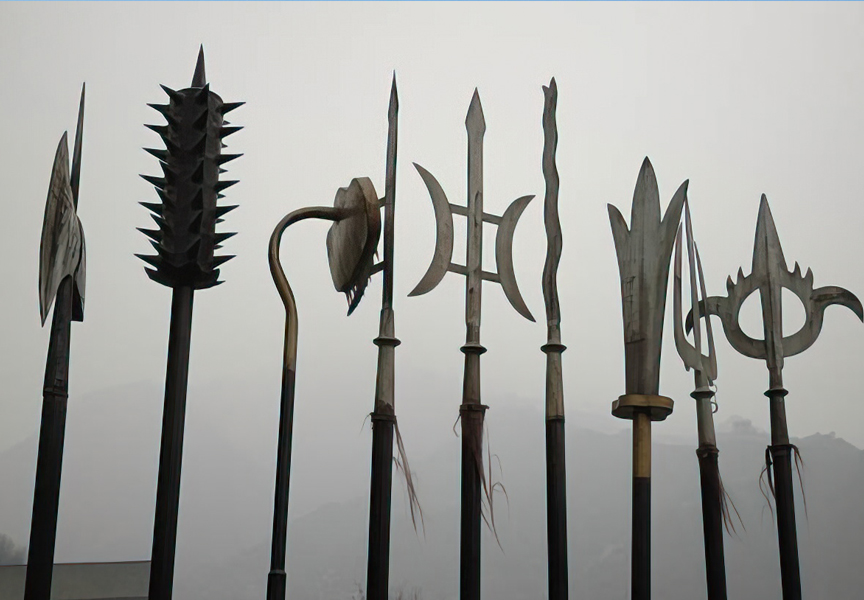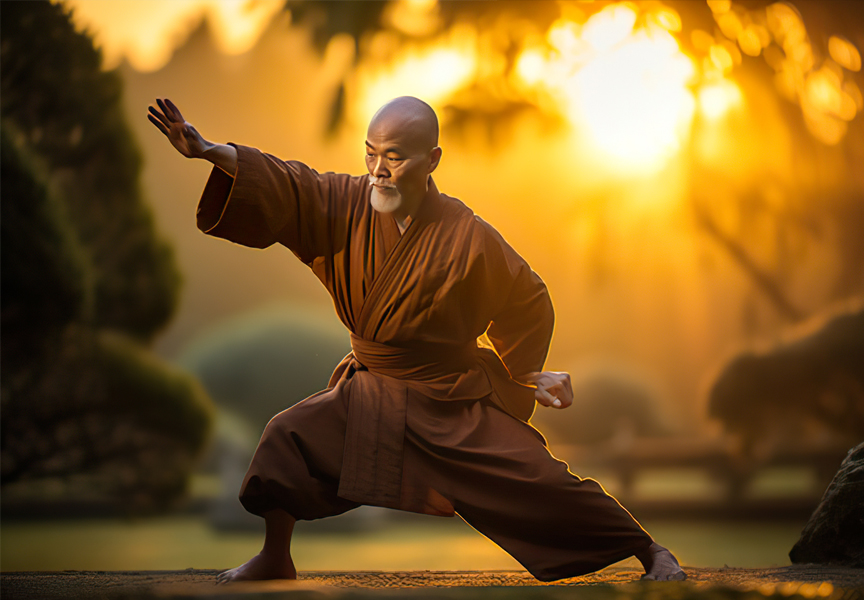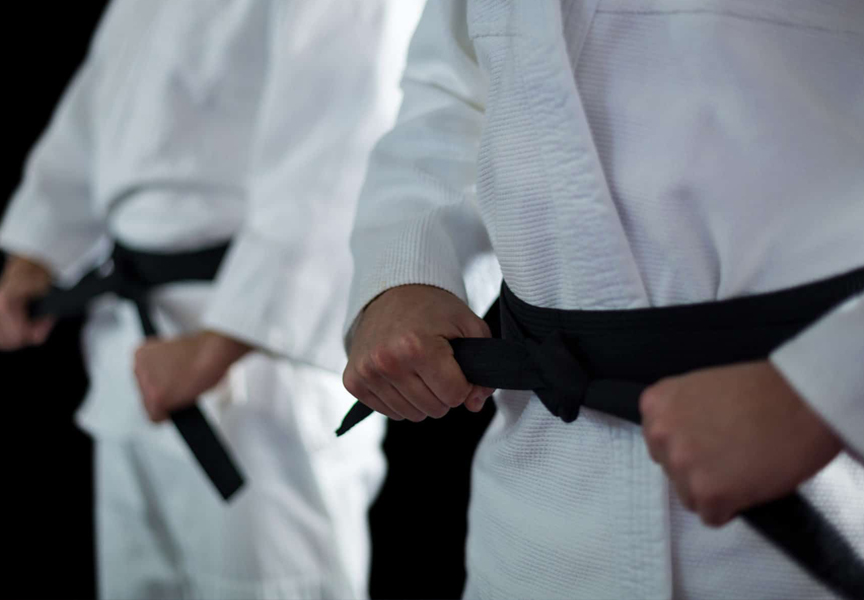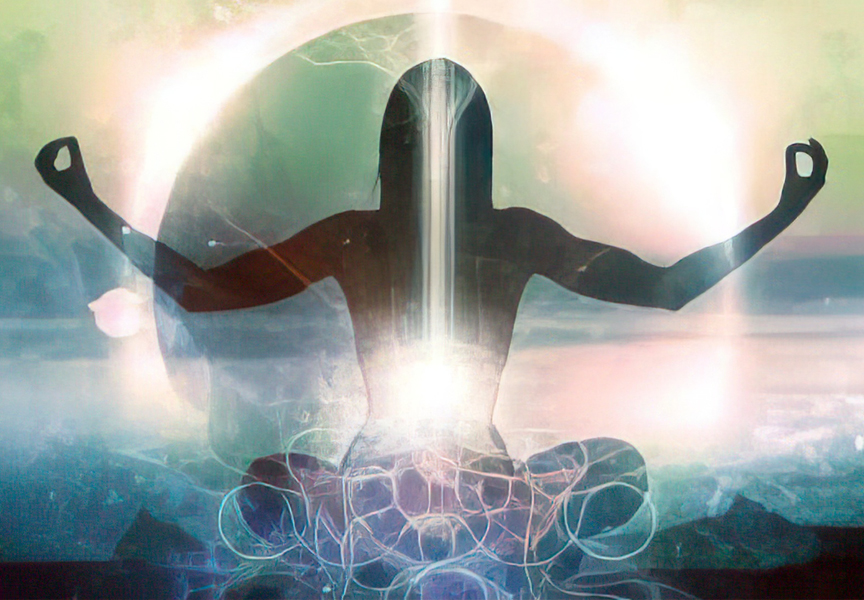Random Free Articles
- Unveiling the Hidden Arsenal of Shaolin Kung Fu

Everyday Objects as Martial Weapons Kung Fu, with its diverse array of styles, is not confined to the realm of empty-hand combat. In many traditions, practitioners delve into the intricate world of weapon techniques, exploring both military and non-military implements. Beyond the traditional weapons such as sabers and halberds, a fascinating aspect of Kung Fu lies in its utilization of everyday objects as formidable tools for self-defense.…
- Embracing Practicality Over Acrobatics

Shaolin Kung Fu, one of the world's most renowned martial arts, has long been associated with its spectacular and awe-inspiring demonstrations of agility, balance, and physical prowess. These displays often feature practitioners performing seemingly superhuman feats of acrobatics and flexibility. While such displays are undoubtedly impressive and entertaining, they can sometimes overshadow the true essence and purpose of Shaolin Kung Fu,…
- Evaluating the Necessity of Learning Martial Arts for Self-Defense

In a world where physical altercations can sometimes be unavoidable, the idea of learning a martial art for self-defense purposes seems logical and prudent. Many individuals are drawn to martial arts classes with the belief that acquiring combat skills will keep them safe in dangerous situations. However, before committing to rigorous training and dedicating time and resources to mastering a martial art, it's crucial to assess the…
- Preserving the Essence of Martial Arts

Beyond Victories and Podiums In a world where competitive sports dominate headlines and social media feeds, the true essence of traditional martial arts often gets lost in the clamor for victories and podium finishes. While there's no denying the physical prowess and discipline required in competitive martial arts, it's crucial to understand that traditional martial arts go beyond the pursuit of trophies and medals. Attempting to…
- The Martial Art Dilemma: Quality Over Quantity

In the world of martial arts, there is often an emphasis on the number of techniques one can learn or the belts one can earn. Many martial arts schools and practitioners focus on quantity, striving to accumulate as many techniques or belts as possible. However, in this pursuit, the importance of quality can often be overlooked. In this article, we will explore why it is crucial to prioritize quality over quantity in martial arts. The Allure of…

